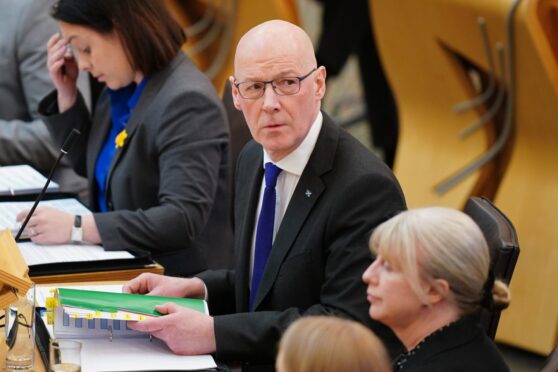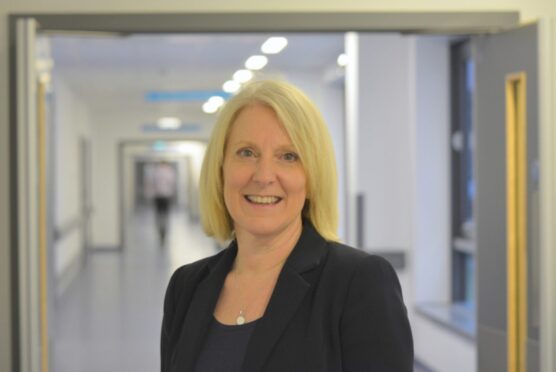Opposition parties have called on the health secretary to resign after more than half-a-million delayed discharge days were recorded last year.
The number of people kept in hospital despite being declared fit to leave in Scotland last year rose to 521,772. More than 69% were over the age of 75.
Delayed discharge is usually the result of a lack of support available for the patient once they have left hospital.
Cases increased by 6% compared to the previous year, at an estimated cost to NHS Scotland of £122 million, according to the The Royal College of Physicians of Edinburgh (RCPE).
In Tayside there were 30,170 delayed discharge days in 2018-19, with 59% of patients over the age of 75.
Tayside also had the highest number of beds blocked in its mental health facilities in Scotland, making up 36% of delayed discharges.
In Fife, 60% of the 32,336 delayed discharge days were for patients over the age of 75.
An RCPE spokesperson said: “Patients who have had their discharge delayed now account for about one in 12 hospital beds in Scotland.
“Many of those patients were delayed due to a complex set of reasons including awaiting for care arrangements to be completed, and awaiting community care assessment.”
The spokesperson said longer stays in hospital were associated with increased risk of infection, reduced motivation, and low mood —all of which can make it more likely that people will have to be readmitted, as well as heaping pressure on staff by adding to their workloads.
“We think that Integration Joint Boards (IJBs), which are responsible for health and social care integration in Scotland, should be prioritising delayed discharges as a matter of urgency. But care must be taken to ensure that quality of care is not harmed, when shifting the balance of care from hospitals to care in the community,” the spokesperson added.
A spokesperson for Angus Health and Social Care Partnership said a range of initiatives had been introduced to help shift the balance of care to a more community based and responsive service, including greater use of telecare products to give people the confidence to live independently in their own homes.
Dundee Health and Social Care Partnership said it was also aiming to shift the balance of care away from hospital settings and towards communities with a focus on promoting rehabilitation and independence.
A spokesperson for Perth and Kinross Health and Social Care Partnership said the area had seen an improved performance in relation to delayed discharge for older people, taking it well above the Scottish average rate, and it was about to embark on a significant investment to provide rapid short-term support for people at risk of entering hospital and also to support people to go home much faster.
The spokesperson said there were particular challenges in terms of discharge from inpatient mental health specialities, adding: “This is a priority area for our health and social care partnerships to work together to review current community service provision and future care requirements to support more timely discharge from hospital.”
Scottish Labour’s Shadow Cabinet Secretary for Health, Monica Lennon MSP, said health secretary Jeane Freeman had to shoulder the blame.
“No one has confidence in Jeane Freeman except for herself and Nicola Sturgeon,” she said. “It’s time the First Minister apologised, ended for the social care crisis and put her Health Secretary on notice.”
A Scottish Government spokesperson said: “Progress has been made in reducing delays in discharge in recent years, with an overall reduction of 1% in the number of bed days lost since 2016-17. However, we need to do more with our partners in local government, the NHS, and in integration authorities to address where delays have increased and work to improve performance.
“It is vital that local health and social care partnerships keep developing a range of community based services which allow people to stay in their homes. We continue to invest in social care and integration, and this year our package of investment to support these services will exceed £700 million – up from £550 million in 2018-19.”










